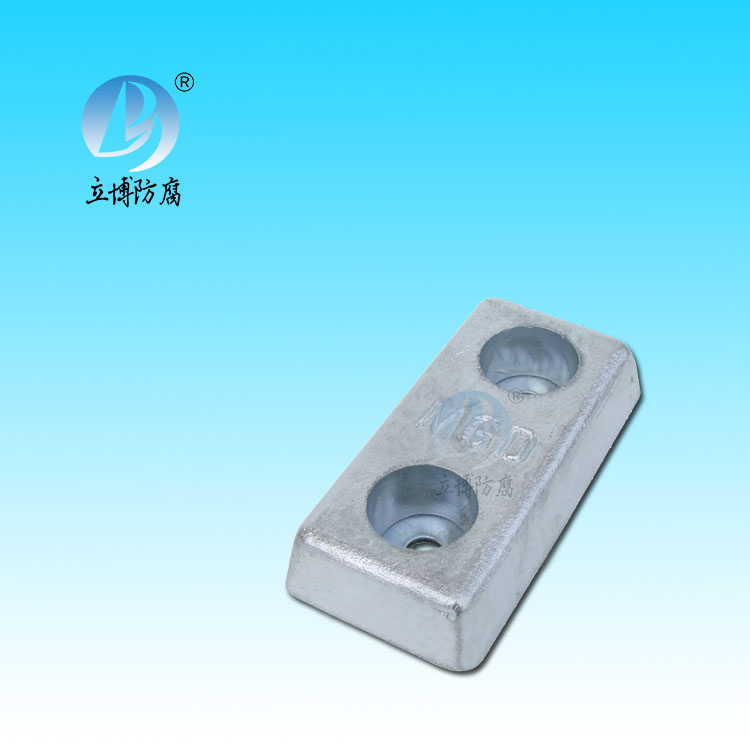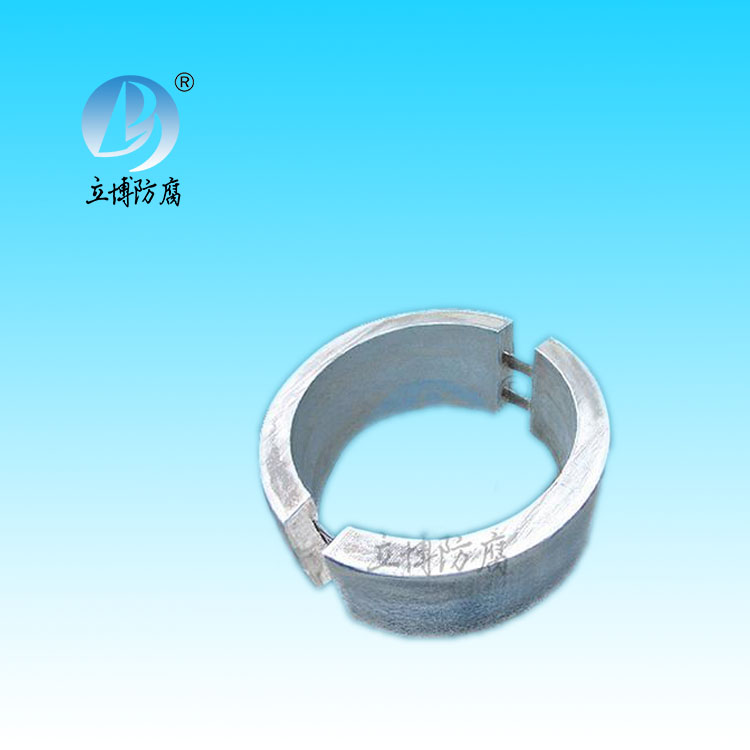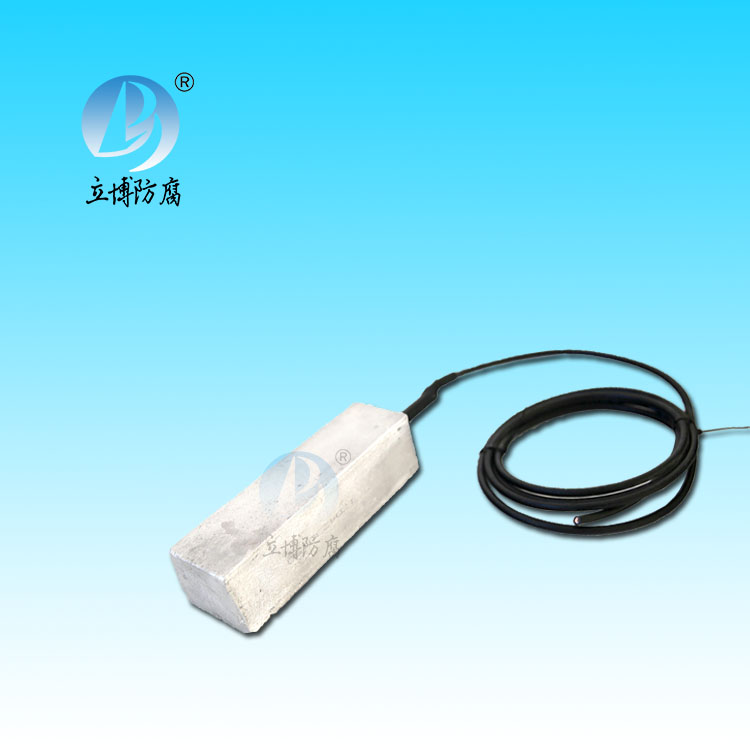News
News
- What is a sacrificial anode
- Basic requirements for reference...
- What does the reference electrode do...
- Why are zinc blocks attached to the ...
- What is the principle of impressed...
- What material does metal structure...
Contact
Phone:18739187123
hotline:0391-7588881
E-mail:970512272@qq.com
Address:Wuzhi County, Jiaozuo City, China
Company News
Development of corrosion inhibitors
- Author:Libo
- Source:waskmauriceandnesanel.com
- Date:2021-06-11
- Click:1
The commonly used inorganic corrosion retarding pigments mainly include lead pigments, chromate pigments, phosphate pigments and molybdate pigments. Lead pigments and chromate pigments are toxic and do not meet the environmental requirements; Phosphate pigment and molybdate pigment develop rapidly. By changing their particle size, particle distribution and chemical composition, the anticorrosion performance of the bonded coating can be improved effectively. Organic corrosion inhibitors mainly include organic amines, carboxylic acids and heterocyclic compounds, which can effectively reduce the number of pinholes in the coatings because of their good compatibility with the EP matrix. However, at present, a single variety of corrosion inhibitor is increasingly unable to meet the application requirements, and compound corrosion inhibitors (such as inorganic/inorganic corrosion inhibitor composite [5], organic/inorganic corrosion inhibitor composite, etc.) have become the development direction of this research field. Gao Feng [9] synthesized a new inorganic/organic hybrid material (imidazoline laurate - molybdic acid supramolecular compound). The results show that when the PVC value in EP is 30%, the salt resistance time of the bonded coating is more than 200h. When the PVC value is 20%, the salt spray resistance time of the bonded coating is more than 200h. The anticorrosive performance of the adhesive coating even exceeds that of the chromium yellow pigment system with excellent anticorrosive performance. In addition, the application of corrosion inhibitor coated nano-filler technology in adhesive coating has gradually attracted people's attention.
The magnesium anode is usually a magnesium alloy with aluminum, zinc, or manganese added. Very low levels of nickel, iron and copper must be maintained as they promote self-corrosion. If the nickel content exceeds 0.001 percent, the anode characteristics are damaged. Copper's effect is less obvious. Copper increases self-corrosion, and at 0.05 percent, there is no harmful effect if 0.3 percent manganese is present. Iron content of approximately 0.01 percent does not increase self-corrosion if manganese content exceeds 0.3 percent. When manganese is added, iron crystals form as a result of the covering of manganese, so that iron is precipitated from the molten state without harmful effects as it solidifies. The addition of zinc makes the corrosion more even and inhibits the sensitivity of other journals. Magnesium alloy is an ideal sacrificial anode material with negative anode potential and high electric quantity per unit mass. It is suitable for cathodic protection of metal structures in soil, fresh water and seawater. Magnesium alloy sacrifice anodes are produced according to GB/T17731-2004, and the anodes used for pipelines also meet SY/T0019-97 design specification for cathodic protection of sacrific anodes for buried steel pipelines.







 客服QQ
客服QQ